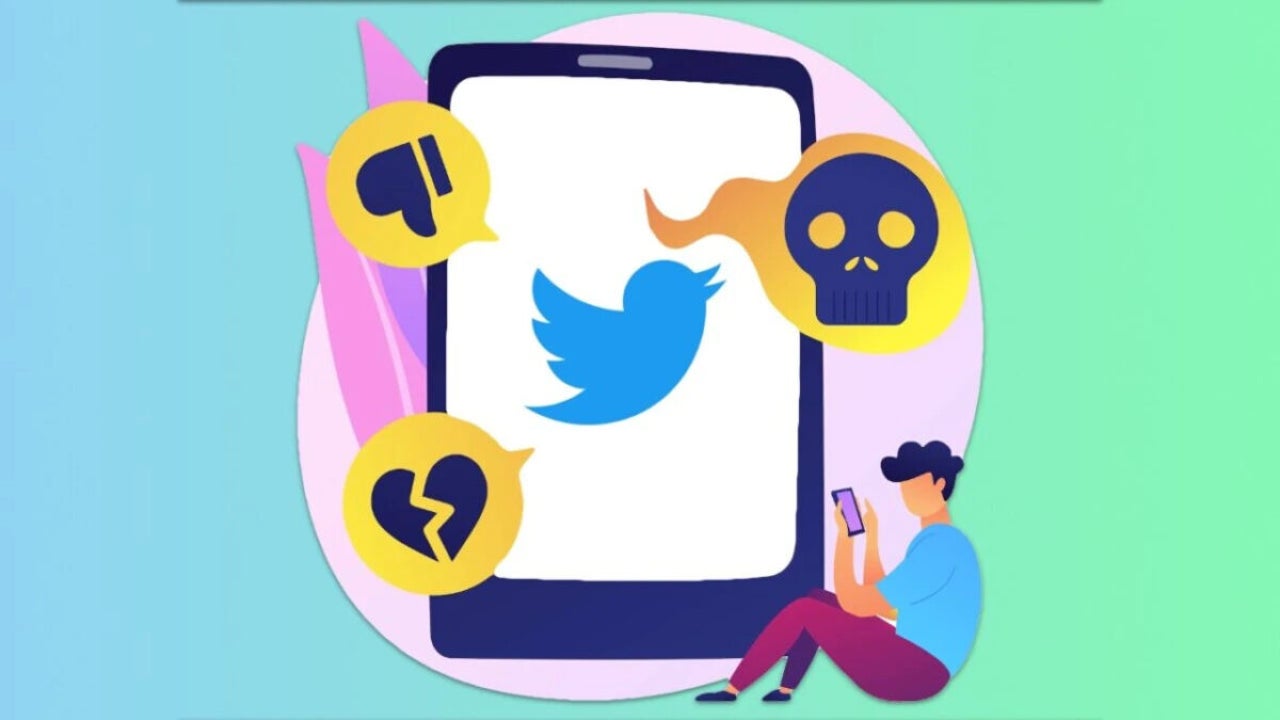News
Explaining Elon Musk’s Freedom of Speech but not Freedom of Reach Policy

- November 25, 2022
- Updated: March 7, 2024 at 4:26 PM
Twitter is seemingly doing a great job of moderating hate speech, if Elon Musk may say so himself. Well, that is exactly what has happened with the billionaire owner of Twitter tweeting that the social network has cut hate speech impressions by a full third from the levels they were at before they spiked upon news of his takeover going through. What exactly does hate speech impressions mean, though, and how does it tie in with Elon Musk’s stated mission of securing free speech on Twitter? Let’s take a look.
Musk tweeted out on Thursday that hate speech impressions on Twitter are down considerably marking an achievement he is clearly happy about. Lowering impressions means that tweets with hate speech in them are being seen by fewer users.
You may have picked up from the explanation above that lowering impressions does not necessarily mean that hate speech moderation has improved and that more tweets filled with hate speech are being pulled down by Twitter’s moderation teams. Rather, it seems that Twitter is trying to scale back the reach of those tweets so that they show up on fewer users’ feeds, therefore reducing the number of impressions they receive.
This methodology seems to have been backed up in a report by The Independent, which quotes Musk’s commitment to a “freedom of speech, but not freedom of reach” policy. This means that Musk is hoping to turn Twitter into a place where people are free to say whatever they want, but where the most heinous of things won’t be heard by many people. If Musk can pull this off it will mark an interesting twist on the freedom of speech debate and could go either way, with people still complaining about their freedom of speech being violated because people aren’t forced to listen to what they have to say.
Interestingly, this is similar to something that we saw in our recent look at Mastodon, which has seen many Twitter users set up new accounts in the wake of Musk’s takeover of the network. Mastodon is a federated social network made up of independent servers. This means that theoretically, somebody could set up a server for posting hate speech but that nobody would have to see or hear it. The question is whether Musk’s proposed algorithmic attempts to limit the reach of hate speech on a user-friendly platform will be better than a cordoned off hate speech section on a platform that can be tricky to use. Of course, all of this doesn’t discuss the point of whether hate speech should be protected by the right to free speech, but that it is a topic for another day.
For more information on Musk’s takeover of Twitter, check out our round-up of the updates here.
Patrick Devaney is a news reporter for Softonic, keeping readers up to date on everything affecting their favorite apps and programs. His beat includes social media apps and sites like Facebook, Instagram, Reddit, Twitter, YouTube, and Snapchat. Patrick also covers antivirus and security issues, web browsers, the full Google suite of apps and programs, and operating systems like Windows, iOS, and Android.
Latest from Patrick Devaney
You may also like

Can you imagine Red Dead Redemption as a crazy racing game? With this mod it's possible
Read more

The actor Karl Urban will act in Mortal Kombat 2. Interpretive challenge or a role suited to him?
Read more

Fallout: Vermont, the new Fallout mod to hold out the wait until 5
Read more

This hilarious Spanish comedy series begins filming its second season
Read more

The remastered edition of Resident Evil 5 could be just around the corner
Read more

Emmy winner Matthew Rhys will star in Apple’s new series Widow's Bay
Read more
